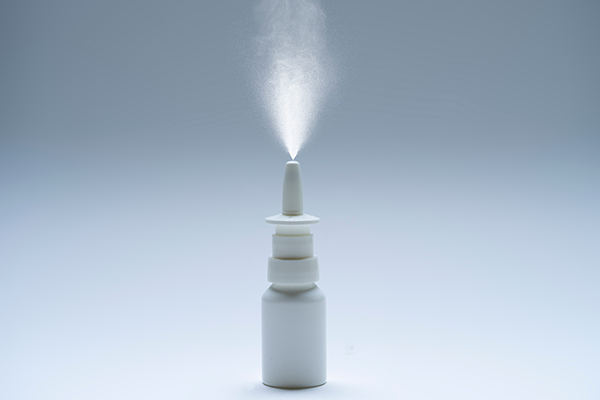The Differences Between Nasal Ketamine and Ketamine Infusion

Nasal ketamine treatment takes the form of a nasal spray. Mental health professionals use this therapy for patient cases that do not respond to conventional medication. Treatment-resistant depression is one such application for ketamine therapy.
Are the effects of nasal ketamine treatment comparable to the IV alternative of the therapy? To find out, keep reading. Learn the similarities, differences, benefits, and drawbacks of the two options.
How nasal ketamine treatment works
Treatment-resistant depression is a growing concern for an ever-increasing number of patients. The lack of effective treatment options is directing the field of psychology to use existing drugs in new ways. Ketamine is one of those drugs.
In surgical settings, ketamine complements the action of sedatives by creating a dissociative state. The anesthetic properties of ketamine suggest that the medication is a good fit for chronic pain management. Its ability to create a dissociative state suggests that it can alter brain chemistry. This is the starting point of ketamine’s application in the vast field of mental health.
Ketamine targets the neuroreceptors that control mood and memory. This has the knock-on effect of changing the brain chemistry and lifting the mood. With time ketamine rewires the brain to manage or remove symptoms of depression. The medication boasts demonstrable success in improving the lives of patients with treatment-resistant depression.
It bears mentioning that not all ketamine treatments are created equal. For example:
1. IV Ketamine infusions work faster than nasal ketamine
Ketamine infusions go directly into the bloodstream. In contrast, nasal ketamine treatment needs to make it past the structures of the nose before entering the bloodstream. This, along with a lower concentration, slows the effect of nasal spray ketamine.
2. The effects of IV ketamine last longer
Ketamine is a fast-acting drug whose effects linger for days. This holds for the IV version and less true for the nasal spray. The difference informs how doctors craft the treatment regimens for the two treatment options.
3. The treatment regimen is different for the two options
Patients who receive nasal ketamine treatment get two treatments per week, for four weeks. After the first four weeks, the dosage changes to one treatment per week, for four weeks. The patient will then undergo an evaluation that tracks the effect of treatment on their mental health.
In contrast, IV ketamine consists of five or six treatments over three weeks. The treatments taper off to one treatment every few months.
Reach out today
Mental health is a goal that everybody aspires to, no matter how easy or hard it is to get there. At our practice, we use every available measure to provide immediate and long-term relief to our patients.
Get in touch with us to find out how we can help you through challenging times. Find out if nasal ketamine treatment is the therapy that will make a difference in your life.
Here’s how to reach us…
Request an appointment here: https://futurepsychsolutions.com or call Future Psych Solutions at (803) 335-5232 for an appointment in our Columbia office.
Check out what others are saying about our services on Yelp: Read our Yelp reviews.
Related Posts
Post-traumatic stress disorder PTSD treatment continues to evolve, especially for individuals who do not find enough relief with traditional talk therapy or standard medications alone. PTSD affects the brain's stress circuits, mood regulation, and sleep, which can make daily life feel overwhelming. Modern interventional psychiatry focuses on advanced therapies that help the brain reset and…
Depression can be difficult to manage, particularly for those who do not respond to traditional antidepressants and other methods. In these cases, spravato for depression offers a new and effective psychiatric treatment option. This FDA-approved medication, also known as esketamine, is administered as a nasal spray under medical supervision. It has shown remarkable results for…
Treatment-resistant depression can leave patients feeling stuck, even after exploring different medications and approaches to therapy. The good news is that TMS therapy, or transcranial magnetic stimulation, offers a new way forward. This innovative and noninvasive psychiatric treatment aims to restore healthy communication between brain regions responsible for mood, emotion, and focus, providing a path…
Ketamine therapy is an effective treatment method for treatment-resistant mental conditions, such as depression, anxiety disorders, and post-traumatic stress disorder (PTSD). However, common misconceptions may prevent individuals from choosing this treatment and obtaining the relief they need. Our team is here to dispel the three most common myths surrounding ketamine therapy so you can make an…


